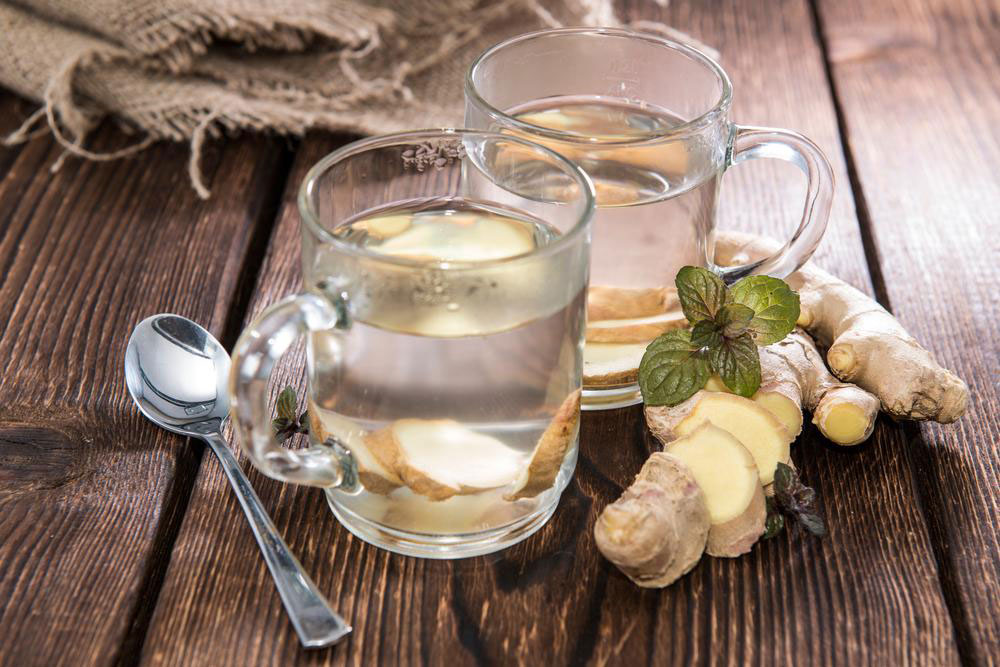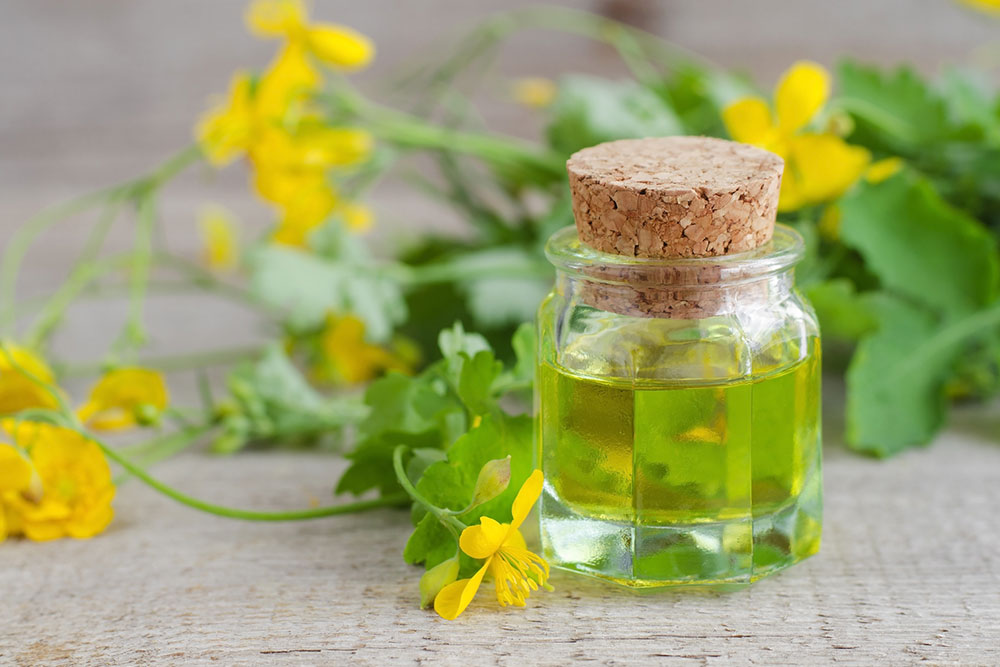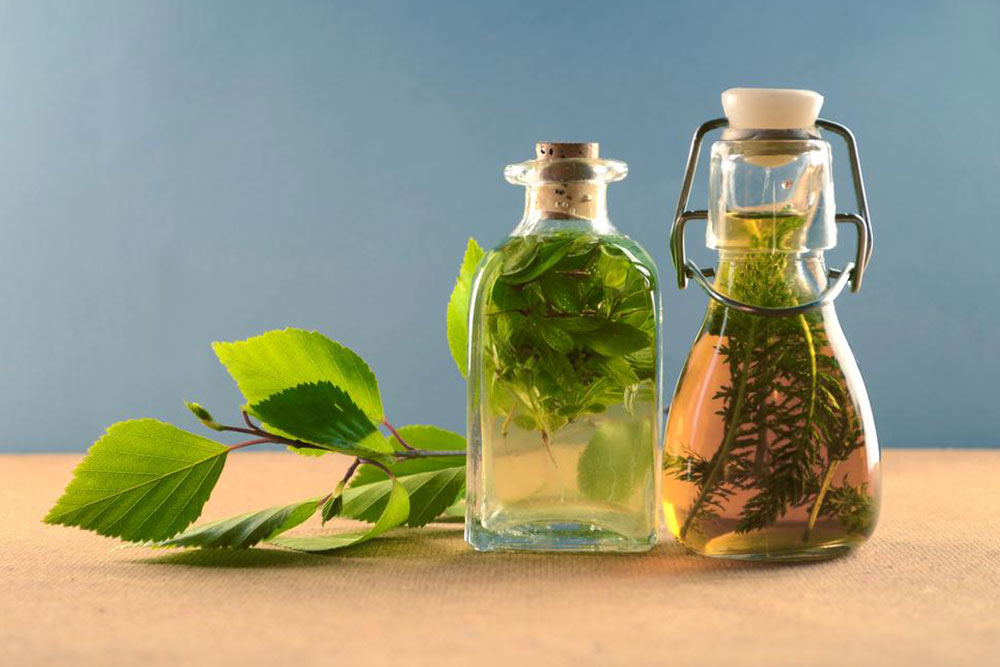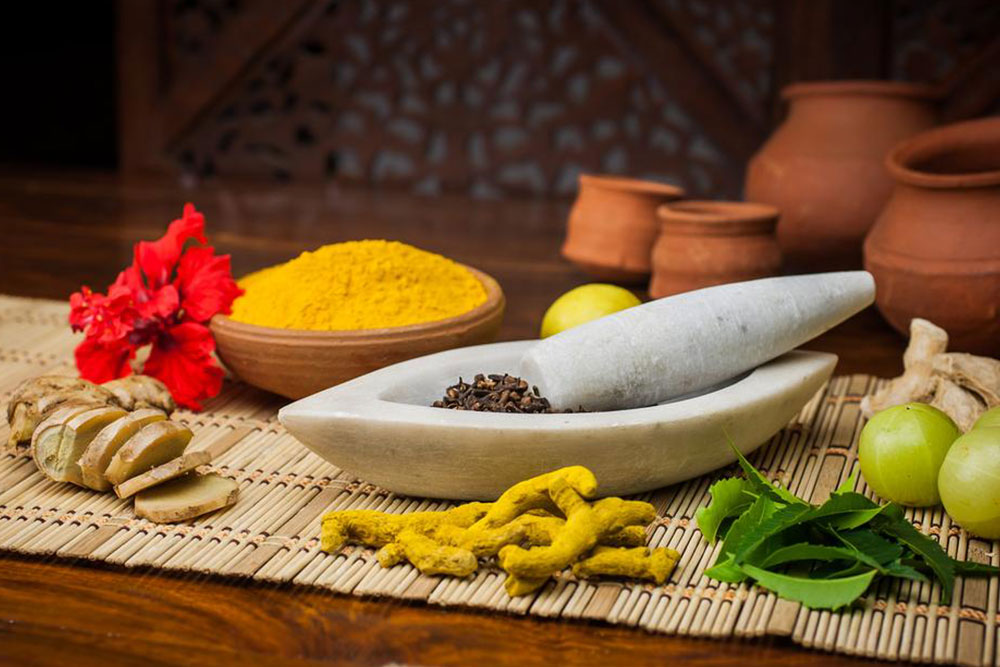Natural and Alternative Strategies for Managing Peyronie's Disease Effectively
Discover effective natural and alternative strategies for managing Peyronie's disease. This comprehensive guide explores holistic approaches, nutritional support, herbal remedies, manual therapies, and lifestyle modifications to help improve symptoms and overall penile health. Learn how integrating these methods with conventional treatment can offer a safer and potentially more effective way to handle this challenging condition, with insights into supplements, exercises, and dietary choices that promote tissue repair and vascular health. Empower yourself with knowledge for better management of Peyronie's disease.

Exploring Innovative and Holistic Approaches to Treating Peyronie's Disease
Comprehensive alternatives for managing Peyronie's disease
Peyronie's disease is a complex condition characterized by the development of fibrous plaques within the tunica albuginea, the fibrous envelope surrounding the penile tissues. These calcified plaques cause curvature, pain, and a decrease in penis length, significantly affecting a man's sexual health and confidence. While medical interventions like surgery and medications are common, they often come with limitations and risks, leading many patients to explore alternative therapies as supplementary or primary options. Understanding these holistic approaches can offer new hope and improve quality of life for those affected.
Standard treatments for Peyronie's disease and their limitations
Traditional treatment modalities generally include surgical procedures, intralesional injections, oral medications, or mechanical devices.
However, each approach has limitations, potential side effects, and variable success rates.
There is currently no universally recognized, long-term cure for Peyronie's disease, which leaves room for alternative management strategies.
As a result, many patients turn to natural and alternative remedies to complement conventional treatments.
Are alternative treatments a reliable option for Peyronie's disease?
Natural remedies often involve non-invasive, low-risk interventions that may be appealing to many patients seeking holistic health options.
While some practitioners advocate for these approaches, scientific evidence remains limited, and they are typically viewed as supportive rather than definitive treatments.
Natural therapies tend to be safer over the long-term, reducing the likelihood of adverse effects associated with pharmaceutical or surgical options.
Moreover, these methods can potentially improve overall health and vascular function, indirectly aiding in symptom management.
Prioritizing overall health and lifestyle modifications can significantly enhance the body's resilience and capacity to handle Peyronie's symptoms, leading to better clinical outcomes.
Popular alternative remedies for managing Peyronie's disease
Nutritional Support: While no specific diet cures Peyronie's, a balanced intake rich in antioxidants and anti-inflammatory foods supports tissue repair and immune function. Incorporating a variety of fruits, vegetables, whole grains, and healthy fats can promote general wellness.
Supplements and Herbal Remedies: Natural supplements such as vitamins (especially E and C), herbal extracts, enzymes like bromelain, and other nutraceuticals are often used to support tissue health and reduce inflammation. Always consult healthcare providers before starting any supplement regimen.
Manual Therapy and Exercises: Gentle stretching, massage, and specific penis exercises might help improve flexibility and reduce discomfort. Some men find Kegel exercises beneficial in enhancing pelvic blood flow and erectile function, though results vary among individuals.
Heat Therapy and Lifestyle Adjustments: Application of warmth and maintaining healthy routines, including weight management, smoking cessation, and stress reduction, can positively influence vascular health and tissue repair.
Other emerging alternative approaches to consider
Gotu Kola Tea: Traditionally used in Asian medicine to enhance skin regeneration and circulation, this herbal infusion might support tissue healing. Consultation with a healthcare professional is recommended before use.
Pineapple and Bromelain supplementation: Swelling and fibrosis may benefit from bromelain, an enzyme that aids in collagen breakdown. Care must be taken to avoid excessive dosages, which could cause gastrointestinal discomfort.
Dietary considerations: Consuming foods rich in L-Arginine, such as red meats, poultry, and dairy, can enhance nitric oxide production, improving blood flow and supporting tissue repair.
Antioxidant Vitamins and Anti-inflammatory Agents: Vitamin E has been used to prevent plaque formation, while drugs like colchicine can potentially decrease fibrous tissue and penile curvature. Always seek medical advice before initiating such therapies.
While these alternative strategies show promise, it is crucial to approach them as part of a comprehensive treatment plan under medical supervision. Combining lifestyle modifications, natural remedies, and conventional treatments often yields the best results in managing Peyronie's disease effectively and safely.





